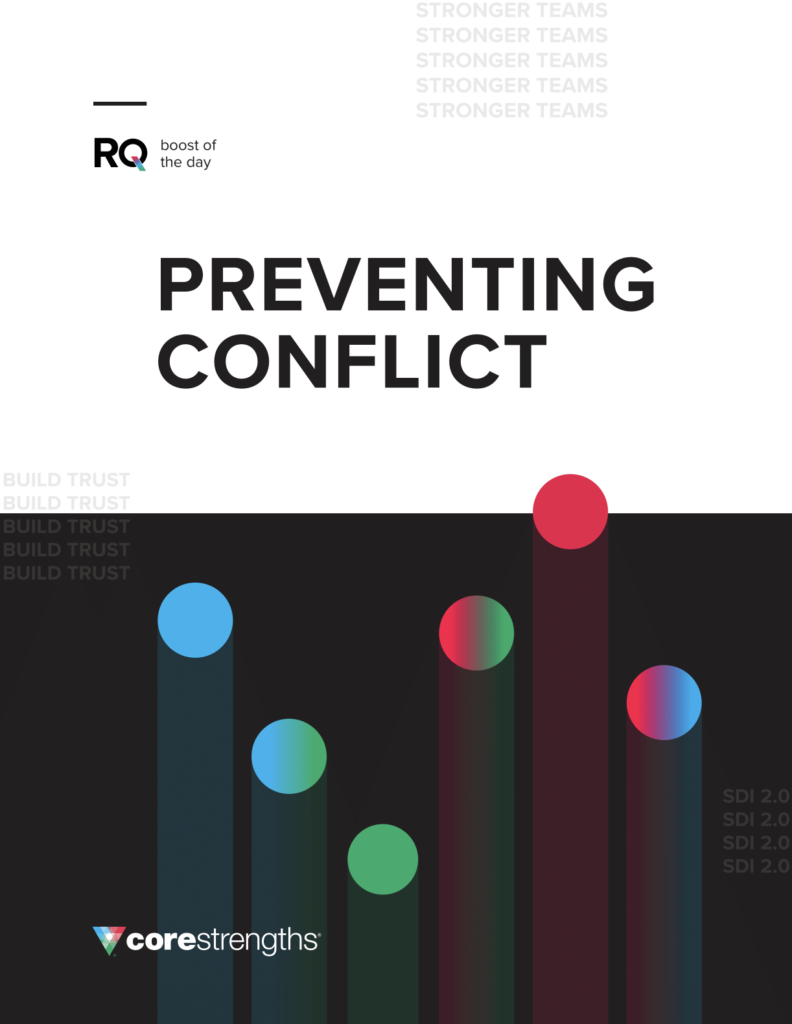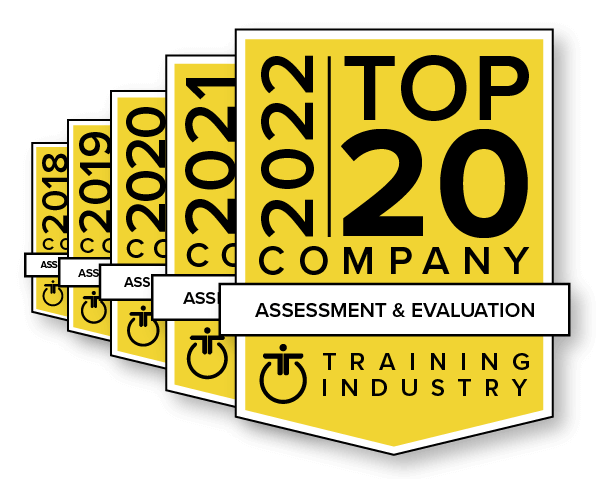Two Heads Are Better Than One
Many of us grew up hearing the expression, two heads are better than one. On an intuitive level, this idiom makes sense: you get better results when you invite another person’s perspective to assess a situation, help solve a complex problem, or come up with a new approach. This is especially true when the stakes are high, so why go it alone?
Research now supports this idea. Professor Chris Frith of University College London (UCL) found this to be the case when the people involved are relatively competent and able to embrace opposition. In other words, they must be able to respectfully disagree while continuing to move toward a desired outcome. In one experiment, this proved to be true even when one participant had far greater experience and more facts. In short, two heads are better when the people involved can successfully navigate opposing perspectives.
If two heads are better than one under these conditions, then what about three, five or even ten people working together to accomplish something important? Is it safe to assume that many heads addressing a tough problem is an even better approach? That seems to be what Dr. Anita Woolley’s team at the MIT Center for Collective Intelligence found as they measured the collective intelligence of groups. Their findings suggest that groups are collectively more intelligent when members are socially sensitive and allow everyone on the team to contribute their ideas. Diversity is also a contributor to collective intelligence—especially when there are more women on the team.
It’s hard to argue with science. The big question is, how do you develop your team’s skills to leverage the benefits of collective intelligence and the two heads phenomenon? Here are four practical skills that lead to better results:
- Embrace opposition. Opposition is about objective disagreement. Disagreement provides the opportunity for better ideas to emerge and is often the starting point for creativity, innovation, and process improvements. The great American General, George S. Patton, said, “If everyone is thinking alike, then somebody isn’t thinking.” Now more than ever, we need people to think.
- Prevent conflict. While different perspectives should be welcomed, disagreement can trigger conflict when the people involved feel that it’s an attack on their values. In other words, opposition can turn into conflict when it starts to feel personal. From experience we know that people in conflict often don’t do their best work nor make the best decisions. Conflict often puts us into a defensive posture and makes it more difficult to have productive interactions with others. To prevent conflict, we need understand the motives and values of the people around us and respect those concerns. Avoid saying or doing things that would make them feel anything less than a highly valued member of the team.
- See positive intent. One of the best ways to keep yourself out of conflict and productively engaged is to see others’ behavior through the lens of positive intent. In other words, when a colleague becomes critical, is it really an attack on you or simply his or her way of working toward a better idea or outcome? Even if it is a personal attack, do you really want to allow that person to pull you down? You get to decide.
- Bring the right strengths. Just as you get to choose how you view the behavior of others, you also get to choose how you respond to them. That is, you get to choose behaviors that increase the likelihood of success when working with others. Unfortunately, many people believe they have only a few strengths and this limits their ability to create authentic connections with people. When you give yourself more options and aptly choose the strengths you bring to a situation, you almost always get better results.
Successful teams welcome different perspectives. Where teams struggle, only a few voices are heard. Fortunately, you can develop the skills that allow everyone to work better together and accomplish truly great results. When you do, two heads—or several—will be better than one.








